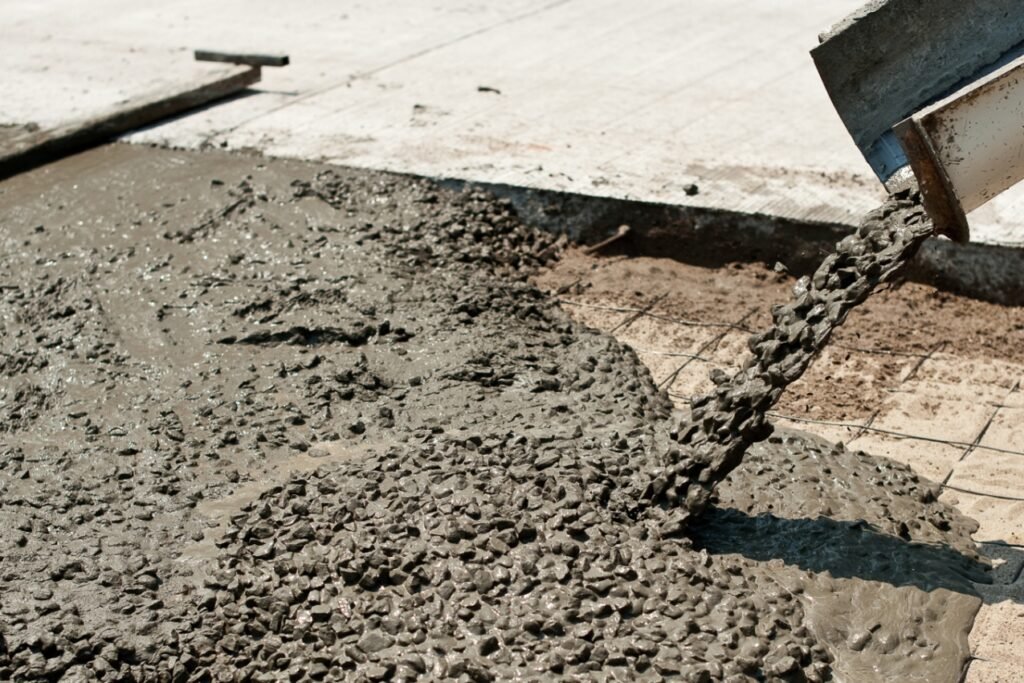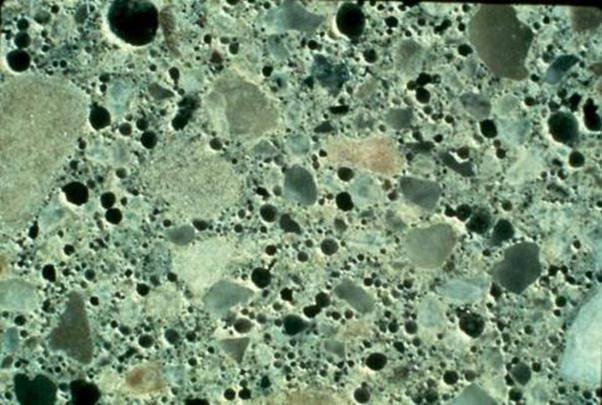CONCRETE ADMIXTURES
Concrete admixtures are natural or manufactured chemicals or additives added during concrete mixing to give enhance specific properties of the fresh or hardened concrete, such as workability, durability, or early and final strength. Producers use admixtures primarily to reduce the cost of concrete construction; to modify the properties of hardened concrete; to ensure the quality of concrete during the mixing, transporting, placing, and curing; and to overcome certain emergencies during concrete operations.
We help serve the needs of a changing world
TAILORED PCE SUPERPLASTICISERS FOR HIGH-SPECIFICATION CONCRETES
Super-plasticizers based on polycarboxylate ethers (PCE) are essential whenever the application requires a rugged concrete manufactured with a low binding agent content and a low w/c ratio. PCEs are comb-shaped polymers that can be individually adapted as necessary. The negatively charged polymers absorb to the surface of the cement, shifting its surface potential towards more negative values while the side chains create a form of spatial protection. Both properties increase the clearance intervals and mobility of the cement particles in the cement paste of fresh concrete. This leads to significantly higher water reduction and far greater plasticizing than encountered with conventional super-plasticizers or plasticizers based on naphthalene or melamine condensates. MC manufactures advanced polymers in-house based on its own patented processes, enabling it to offer a wide range of PCE-based super-plasticizers wich are Best admixture for concrete in Bangladesh.
ADDITIVES FOR HIGH-PERFORMANCE AND SPECIALITY CONCRETES
The performance of conventional concrete additives is limited when it comes to manufacturing high-density, high-durability concretes for, say, thin-walled façade elements or the ultimate in fair-face finishes. However, with the high-quality Centrilit additives from MC, you can significantly exceed the standard requirements specified for these types of concrete. Their pozzolanic properties strengthen the bond zone between the hardened cement paste and the aggregate while optimizing the packing density of the concrete structure down to the micro-level. Thus, flexural and compressive strength, density and resistance against contaminating substances are greatly increased, together with the general durability of the concrete component. Further benefits include enhanced quality of surface finish and coloration, combined with a more cost-efficient manufacturing process.














